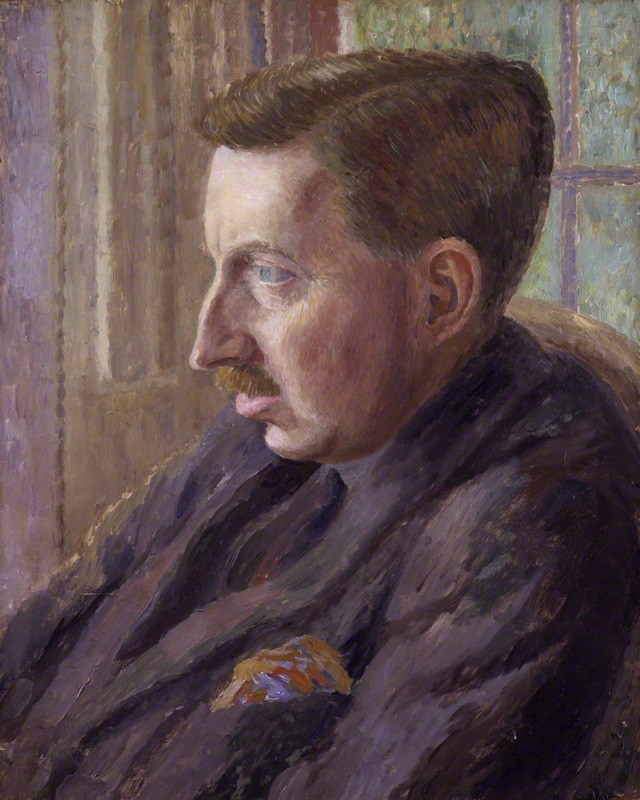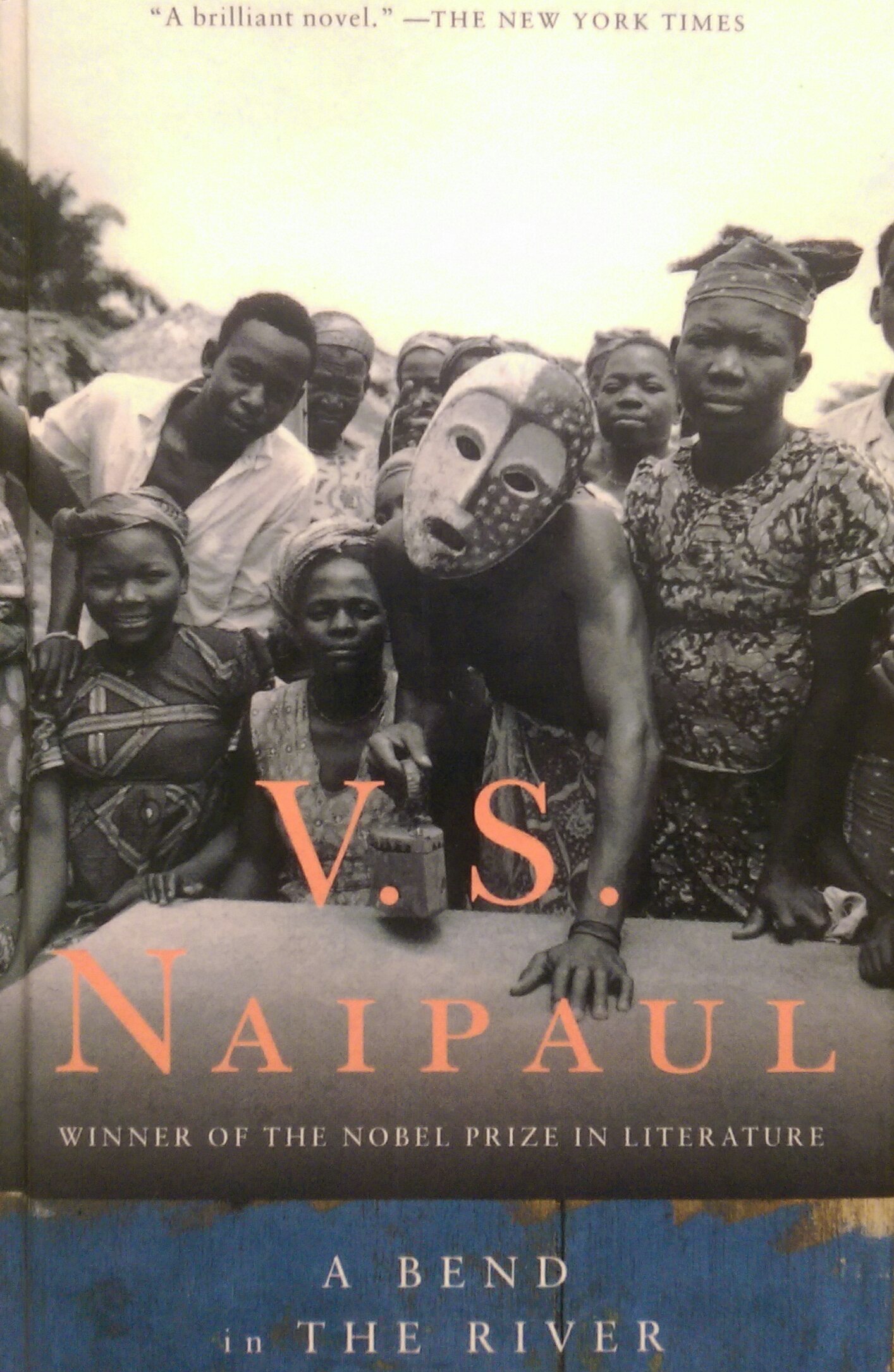Hello again, class.
I would put E. M. Forster’s A Passage to India in the same boat as Graham Greene’s The Quiet American and V. S. Naipaul’s A Bend in the River—a novel on cultural clash, with one nation invading another and a set of characters caught in the racial, international chaos. But where Greene and Naipaul are too cynical and become trapped by racist misrepresentations, Forster’s treatment of racial and cultural tension is careful and even kind, without being naive to its origins or consequences. For that, I enjoyed A Passage to India and highly recommend it.

A flag map of the British Raj, the British rule over India between 1858-1947. A Passage to India takes place in the 1920’s, during the period of the British Raj.
I had never even heard of A Passage to India before seeing it on the list, so I imagine most don’t know the story. In the fictional town of Chandrapore, the English Mr. Fielding and Indian Dr. Aziz befriend Mrs. Moore, who has come to visit her son Ronny, Chandrapore’s city magistrate. Mrs. Moore has brought her young friend Adela, who is potentially her son’s fiancee. This newly formed group decides to visit the Marabar Caves, and what happens there forces the subtle racial tensions within them to explode, affecting the entirety of Chandrapore.
In A Bend in the River and The Quiet American, the protagonists are limited by their own racism, which is shown as an ingrained trait as natural as our own desires. But the treatment of race in A Passage to India reminds me of To Kill a Mockingbird—it shows racism as a disease. It infects many characters, but not all, and the ones who rise above such racism are punished by the society affected by the disease.
Specifically for A Passage to India, we move between the minds of each character and see their own struggles with race and racism. Characters like Mrs. Moore and Aziz have a poetic and compassionate view of the world, while Mrs. Moore’s own son thinks with bureaucracy and practicality, even with matters concerning marriage. Ronny views the Indian population as a group who needs governance, while Mrs. Moore believes her role in India is to show kindness to others. In each character, the topic of race—of psychology, humanity, and nationality, too—takes a subtly different form, and each character believes in their own version of racial truth.

E. M. Forster, author of A Passage to India. Portrait by Dora Carrington, oil on canvas, 1920.
The story itself can’t have much said about it—it’s well-balanced and careful, to the point that it’s forgettable. The strength in A Passage to India is E. M. Forster’s total understanding of society and of human nature.
I’m willing to bet that most white writers handle race and racism poorly. Forster shouldn’t be any different, but he is (though that opinion is from another white writer, so take that opinion with a grain of salt). I think, in part, that his careful and compassionate management of race stems from understanding the nature of an outsider, which comes from being a minority himself—though the larger public didn’t know, Forster lived his life as a homosexual man. In England at the time, homosexuality was considered illegal activity, so Forster’s identity was a crime. He could easily imagine the loneliness and stress of being considered criminal by nature, much like the Indians in his novel tend to feel around the English.
Don’t get me wrong: race and sexual orientation compare very little, even in the larger scope of societal treatment. Forster’s hidden minority hardly matches the visibility of racial tension. But the feeling of being an outsider, even in a place one considers home, is something Forster likely knew very well—and it translates to the subtleties of A Passage to India. It feeds into the natural cynicism of the plot, highlighting the inability to rise above prejudice, but Forster handles that cynicism with more grace than most authors do. It made A Passage to India good.
Next up, I’m finishing the His Dark Materials Trilogy, which I’ve been reading for some time now. I won’t say much yet . . . except that I haven’t felt this good about a series since I read Harry Potter. But I’ll save the rest for later!
Until next time,
Prof. Jeffrey
 Another book finished! Welcome back, class.
Another book finished! Welcome back, class.
Recent Comments